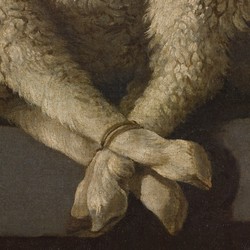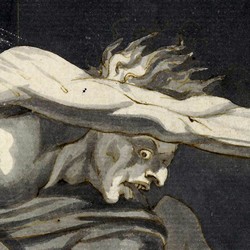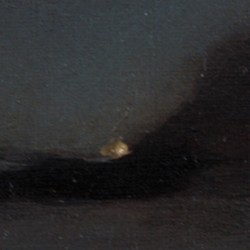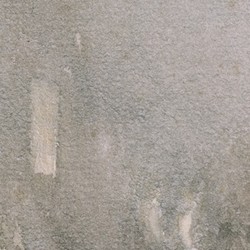- Details

This is the 14th year that we celebrate Sant Jordi's Day on Liederabend. I haven't reviewed all the roses of previous years, but I would say that most were rather sad or nostalgic: roses were symbols of an ephemeral youth, of the passage of time, of love that has ended... There are not many songs that celebrate love, as we celebrate love on Saint George's Day. However, this year is the case.
- Details

As I do every year during Easter, I bring you a short text to present a song with a religious theme. This year is a song that is little-known, in every way: it is little performed and little documented. Musicologists have been bringing together the few available pieces of the jigsaw puzzle to reconstruct its history, with many doubts remaining.
- Details

We lied lovers are used to accompanying wanderers who one day leave home, and while on their way they reflect on their past or future. We know the wanderer in Winterreise, the harpist of the songs of Wilhelm Meister, those who talk to the moon, those who look for adventures... Even though we are accustomed to their often sad, sometimes desolate reflections, from [...]
- Details

I was unable to prepare an article for this week due to lack of time. Fortunately, I had a couple more songs written from Richard Dehmel's poem Die stille Stadt, and this allowed me to publish what will probably be the shortest entry to Liederabend.
- Details

The poem we return to today is Richard Dehmel's Die stille Stadt, included in the collection Aber die Liebe [But love, 1896]. It tells us about a silent city, while the night falls and fog also falls from the mountains.












